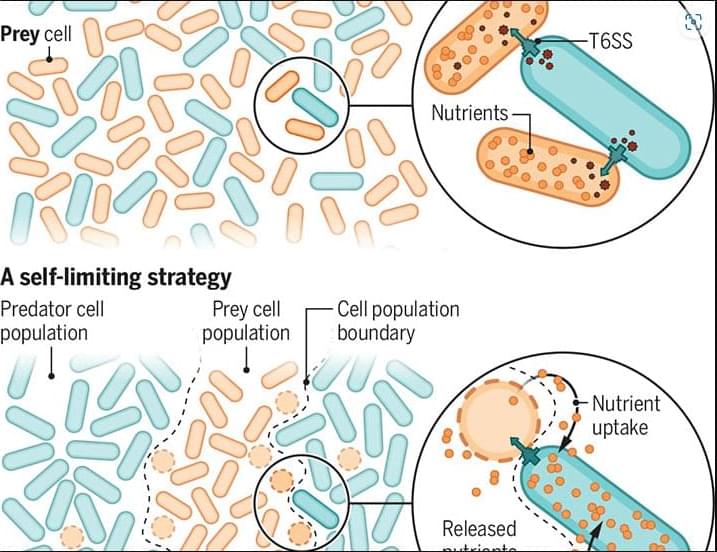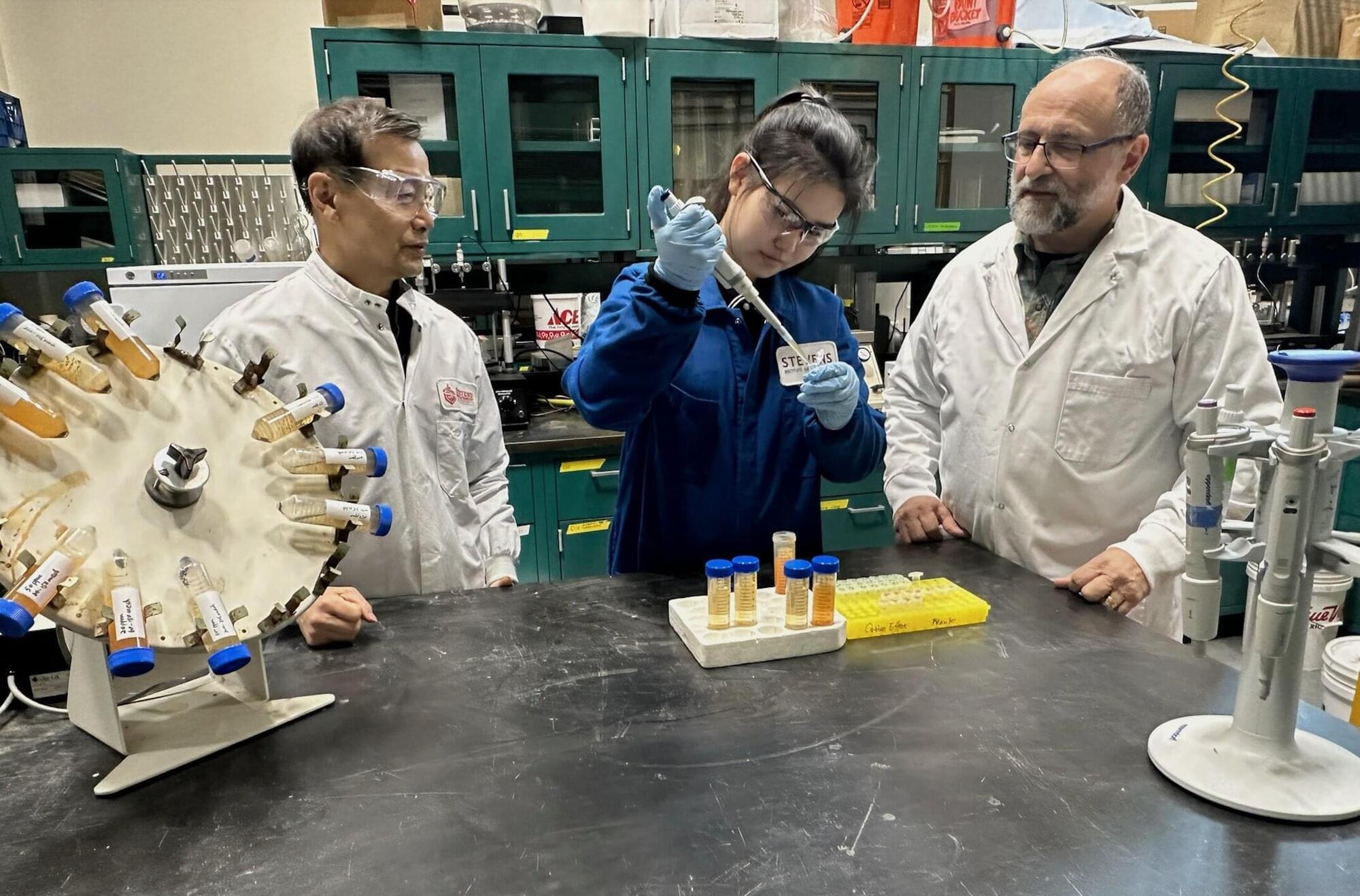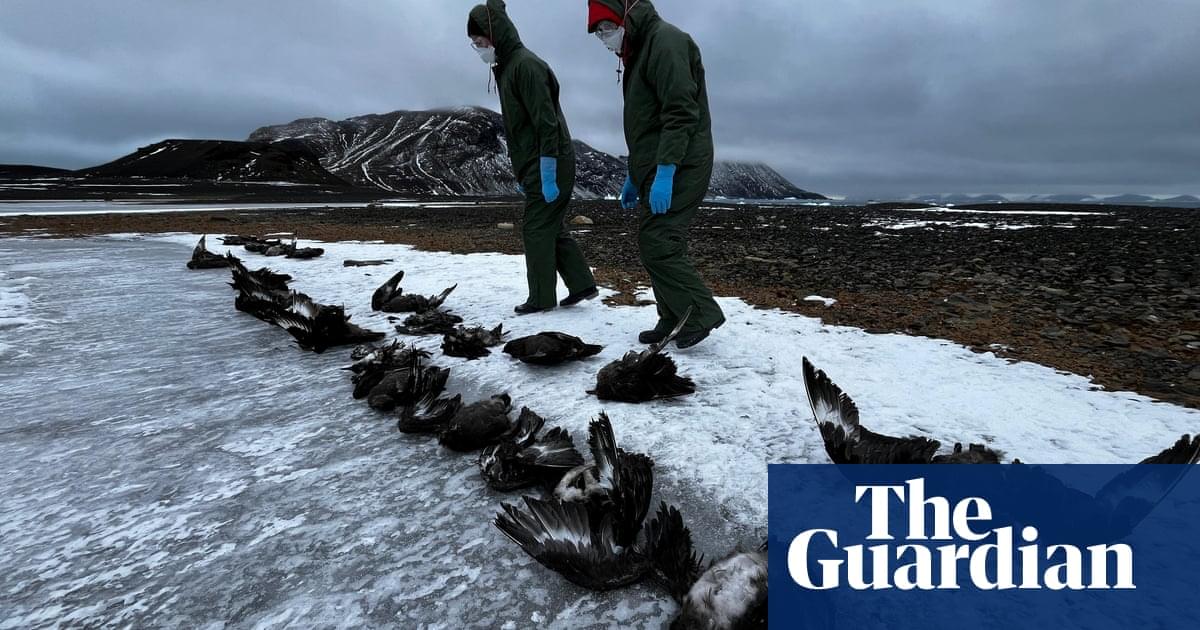(And What I Use Instead)




Whether you feed bread to ducks at the local pond or hang a bird feeder on your back porch, the food you’re offering wild birds plays a role in their ability to tolerate infection. New research from the University of Arkansas has found that canaries fed a high-protein diet fared better when it came to immune function and tolerating infection than canaries fed a high-lipid (fatty) diet.
The findings included molecular analysis of blood draws, revealing how different diets trigger the expression of different immune-related genes, both before and after infection.
“Our results are exciting because of the importance of human-supplemented food in wildlife disease systems, especially wild birds, which are commonly provided with supplemental food via bird feeders,” said Erin Sauer, a first co-author of the study.

Caffeine has long been associated with health benefits, including a reduced risk of age-related diseases. However, the specifics of how caffeine interacts with cellular mechanisms and nutrient and stress-responsive gene networks have remained elusive — until now.
In this pioneering research, published in the journal Microbial Cell, scientists used fission yeast, a single-celled organism with surprising similarities to human cells, to delve deeper into caffeine’s impact.
The researchers discovered that caffeine influences aging by engaging an ancient cellular energy system.
A few years ago, the same team found that caffeine prolongs cell life by acting on a growth regulator known as TOR (Target of Rapamycin). TOR is a molecular switch that regulates cell growth based on available food and energy and has been part of the evolutionary landscape for over 500 million years.
However, their latest study unveiled a surprising new finding: caffeine does not directly act on the TOR switch. Instead, it activates AMPK, a cellular fuel gauge that is conserved through evolution in both yeast and humans.
“When your cells are low on energy, AMPK kicks in to help them cope,” senior author Charalampos (Babis) Rallis, a reader in genetics, genomics and fundamental cell biology at Queen Mary University of London, said in a news release. “And our results show that caffeine helps flip that switch.”
Intriguingly, AMPK is also the target of metformin, a common diabetes medication currently under scrutiny for its potential to extend human lifespan when used alongside rapamycin.
A science fiction story brought to life through a pro-GMO dinner.

Please consider joining my Substack at https://rupertsheldrake.substack.com.
Does Nature Obey Laws? | Sheldrake-Vernon Dialogue 95.
The conviction that the natural world is obedient, adhering to laws, is a widespread assumption of modern science. But where did this idea originate and what beliefs does it imply? In this episode of the Sheldrake-Vernon Dialogues, Rupert Sheldrake and Mark Vernon discuss the impact on science of the Elizabethan lawyer, Francis Bacon. His New Instrument of Thought, or Novum Organum, put laws at the centre of science and was intended as an upgrade on assumptions developed by Aristotle. But does the existence of mind-like laws of nature, somehow acting on otherwise mindless matter, even make sense? What difference is made by insights subsequent to Baconian philosophy, such as the discovery of evolution or the sense that the natural world is not machine-like but behaves like an organism? Could the laws of nature be more like habits? And what about the existence of miracles, the purposes of organisms, and the extraordinary fecundity of creativity?
—
Dr Rupert Sheldrake, PhD, is a biologist and author best known for his hypothesis of morphic resonance. At Cambridge University, as a Fellow of Clare College, he was Director of Studies in biochemistry and cell biology. As the Rosenheim Research Fellow of the Royal Society, he carried out research on the development of plants and the ageing of cells, and together with Philip Rubery discovered the mechanism of polar auxin transport. In India, he was Principal Plant Physiologist at the International Crops Research Institute for the Semi-Arid Tropics, where he helped develop new cropping systems now widely used by farmers. He is the author of more than 100 papers in peer-reviewed journals and his research contributions have been widely recognized by the academic community, earning him a notable h-index for numerous citations. On ResearchGate his Research Interest Score puts him among the top 4% of scientists.
https://www.sheldrake.org/about-rupert-sheldrake?svd=95
—

PFOS, also known as “forever chemicals,” are synthetic compounds popular for several commercial applications, like making products resistant to stains, fire, grease, soil and water. They have been used in non-stick cookware, carpets, rugs, upholstered furniture, food packaging and firefighting foams deployed at airports and military airfields.
PFOS (perfluorooctane sulfonate or perfluorooctane sulfonic acid) are part of the larger class of forever chemicals called PFAS (per-and polyfluoroalkyl substances.) Both types have been linked to a variety of health issues, including liver disease, immune system malfunction, developmental issues and cancer.
Because of their widespread use, PFOS are found in soil, agricultural products and drinking water sources, presenting a health risk. Xiaoguang Meng and Christos Christodoulatos, professors at the Department of Civil, Environmental and Ocean Engineering at Stevens Institute of Technology, and Ph.D. student Meng Ji working in their lab, wanted to identify the most efficient way to remove these toxins from the water.


A company based in Canada has created the world’s very first plane that’s made mostly from hemp and powered by cannabis oil, giving completely new meaning to the term “sky high”
Designed and built by the weed company Hempearth – who also sell other weed-related items such as food, clothing, and accessories, the plane is claimed to be much stronger, lighter, and much more environmentally friendly than normal planes. Then it physically gets you higher than marijuana, but your plane is made of marijuana, and on marijuana fuel.
But how does it do it, exactly? Almost the entire plane is made from composite hemp fibers that are said to be 10 times stronger than steel, and this includes not only the chassis, but also everything inside of the plane including the seats, walls, and cushions.
When you want to get sky high.